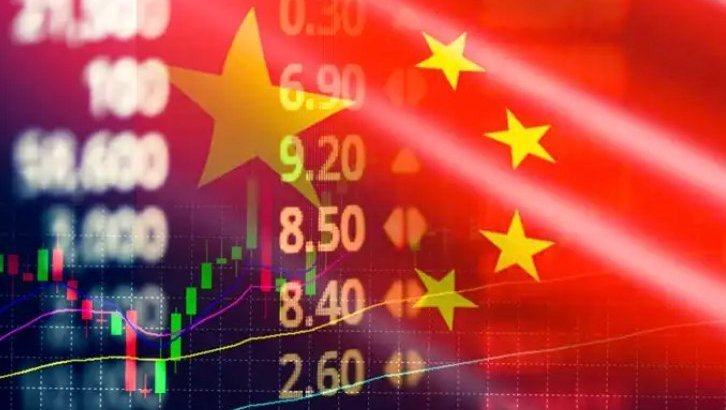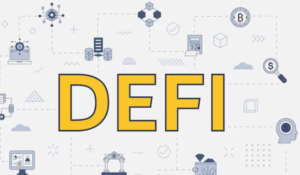$BIDU $JD $TCEHY
#AI #China #EducationPolicy #GenerativeAI #ArtificialIntelligence #TechRegulation #DigitalLearning #YouthTechUse #Innovation #EdTech
In a recent development that marks a significant shift in the landscape of educational technology, China has announced new measures to restrict the use of generative artificial intelligence (AI) among school children. This move, as reported by a local release, references directives from the Ministry of Education, highlighting the government’s increasing concern over the influence and implications of advanced AI technologies on young minds. The decision underscores China’s cautious approach toward managing the integration of cutting-edge technologies in society, especially in sensitive areas like education.
Generative AI, known for its capability to produce content across various formats including text, audio, and visual arts, has been hailed for its potential to transform educational methodologies through personalized learning and interactive teaching aids. However, the Chinese government’s latest policy indicates a growing apprehension about the possible negative effects these technologies might have on children’s development, learning habits, and data privacy. The specifics of the restrictions were not detailed in the initial announcement, but the move is broadly seen as part of China’s broader strategy to regulate the digital ecosystem and protect minors from what it considers harmful content.
The implications of this policy are far-reaching, affecting not only tech companies and educational institutions but also the pace at which AI technologies are adopted in Chinese classrooms. For tech giants like Baidu (BIDU), JD.com (JD), and Tencent (TCEHY), all of which are heavily invested in the development and application of AI, the new regulations could necessitate significant adjustments in their product offerings and business strategies, particularly those targeting the educational sector. These companies may now have to navigate stricter regulatory waters, ensuring their AI solutions comply with the new guidelines without stifolding innovation or compromising the educational benefits of AI.
Beyond the immediate impact on technology firms and educational practices, China’s move to restrict children’s use of generative AI in schools opens up a broader conversation about the ethical use of AI in education globally. It sets a precedent for how governments can intervene in the digital domain to safeguard younger populations while balancing the need for technological advancement. As the world watches how these restrictions will be implemented and their effects on the educational landscape, this policy could serve as a reference point for other nations grappling with similar concerns about the intersection of technology, education, and youth welfare.











Comments are closed.